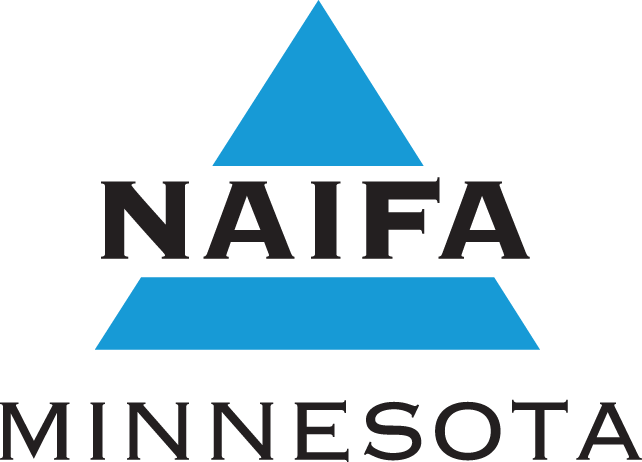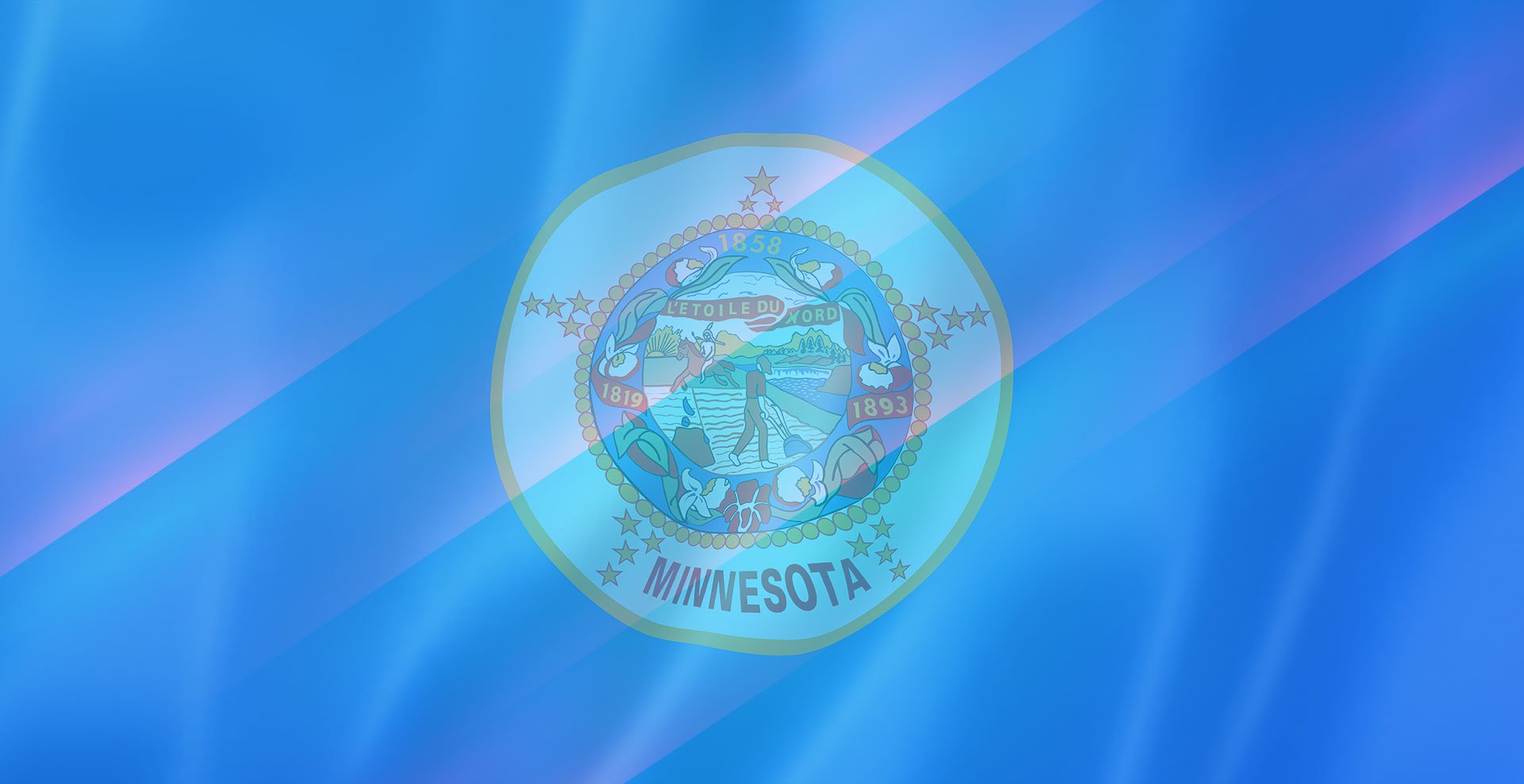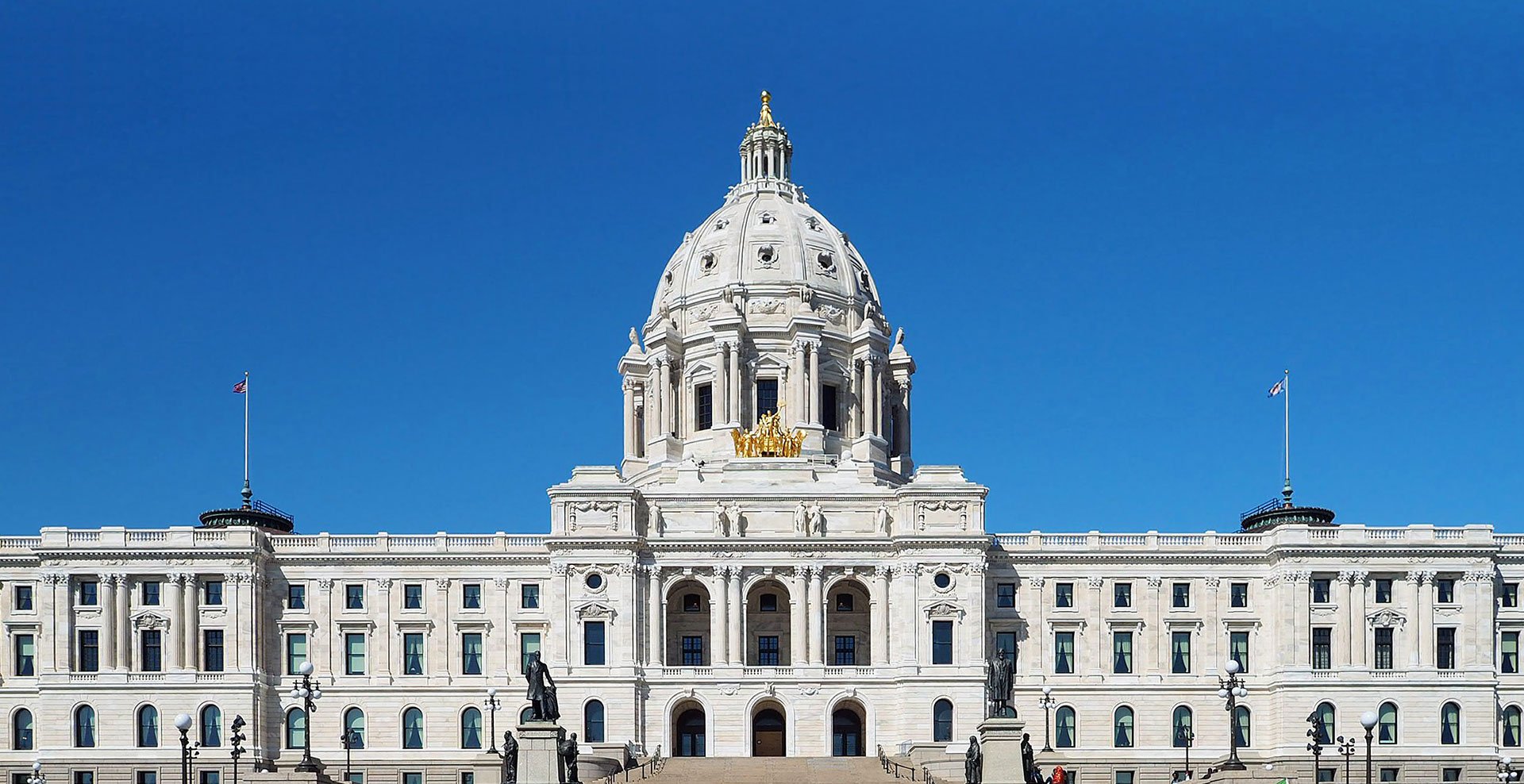House Health Approves MnCARE Public Option/Single Payor Study Bills
The House Health Finance and Policy Committee on Tuesday heard two bills that have big implications for the private health insurance marketplace:
HF96 (Long, DFL-Minneapolis) establishes the MinnesotaCare public option for persons with incomes over the MinnesotaCare income limit of 200 percent of the federal poverty guidelines (FPG). Implementation of the public option would be effective January 1, 2026, but only if the Commissioner of Human Services certifies to the Legislature it will not result in the loss of federal basic health program funding. The bill also makes other changes to MinnesotaCare, including requiring a study of a small employer public option and providing eligibility for undocumented noncitizens. The bill was supported by advocacy and labor organizations and opposed by the Agents Coalition, the Chamber of Commerce and the Minnesota Hospital Association. The Agents Coalition represents multiple insurance associations, including NAIFA. Testifying for the Coalition, Shawnee Christensen said that the bill would result in low payments to providers, allow the state plan to compete with the private market with no reserve requirements or having to meet current licensing and regulatory requirements placed on private insurers. The bill was laid over for possible inclusion in the omnibus health finance bill. This means it will be included in the larger health finance bill that funds much of DHS, a bill all but guaranteed to pass.
HF1843 (Reyer, DFL-Eagan). This bill requires the Commissioner of Health to contract for an analysis of the benefits and costs of a proposal for a universal health care financing system, compared with the benefits and costs of the current system. The analysis is expected to take two years and cost $500,000. This bill was also laid over for possible inclusion in the omnibus health finance bill.
Schedule for the Week of March 20
Thursday, March 23 - 10:30 a.m.
Education Finance
Location: Capitol 120
Chair: Rep. Cheryl Youakim
Agenda: HF651 (Hassan) Personal finance class required for high school graduation, personal finance seal established for teacher licensure, and rulemaking authorized.
Bill Introductions
Acomb introduced:
H. F. 2699, A bill for an act relating to taxation; gross revenues; creating a health insurance claims assessment; proposing coding for new law in Minnesota Statutes, chapter 295.
The bill was read for the first time and referred to the Committee on Taxes.
Newton introduced:
H. F. 2885, A bill for an act relating to insurance; allowing TRICARE enrollees to elect not to include medical expense benefits in the enrollee's automobile insurance policy; amending Minnesota Statutes 2022, section 65B.44, by adding a subdivision.
The bill was read for the first time and referred to the Committee on Commerce Finance and Policy.
Torkelson introduced:
H. F. 2891, A bill for an act relating to insurance; modifying provisions governing automobile self-insurance; amending Minnesota Statutes 2022, section 65B.48, subdivision 3.
The bill was read for the first time and referred to the Committee on Commerce Finance and Policy.
Senators Utke, Abeler, and Hoffman introduced:
S.F. No. 2705: A bill for an act relating to insurance; reinsurance; transferring money to fund the Minnesota premium security plan.
Referred to the Committee on Commerce and Consumer Protection
Senators Abeler, Pratt, and Mathews introduced:
S.F. No. 2838: A bill for an act relating to commerce; authorizing certain insurers to offer paid family leave insurance benefits; proposing coding for new law as Minnesota Statutes, chapter 63A.
Referred to the Committee on Commerce and Consumer Protection










